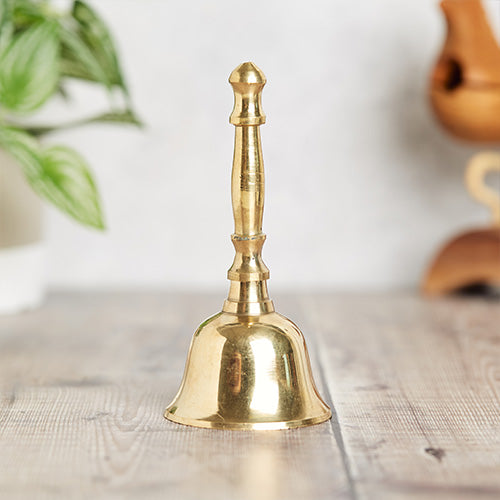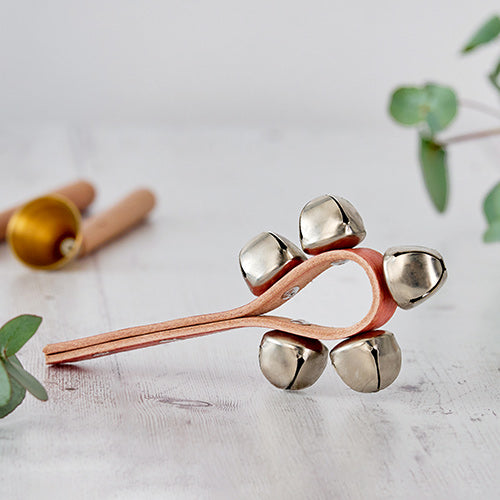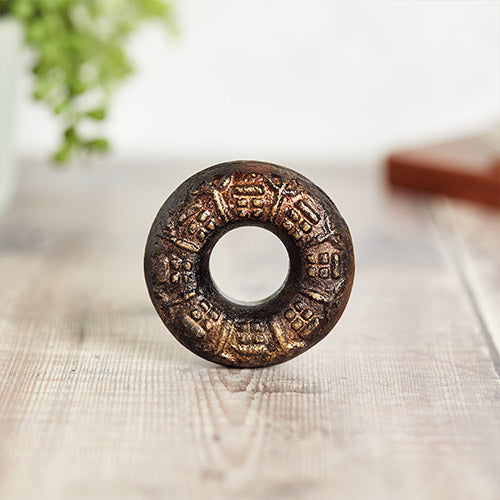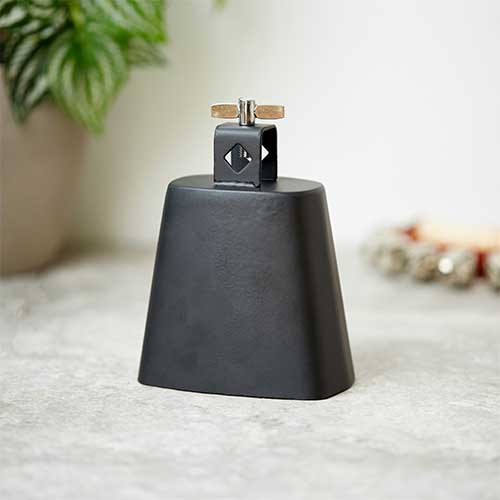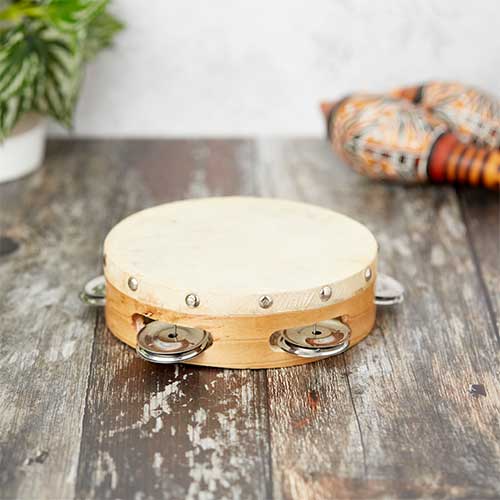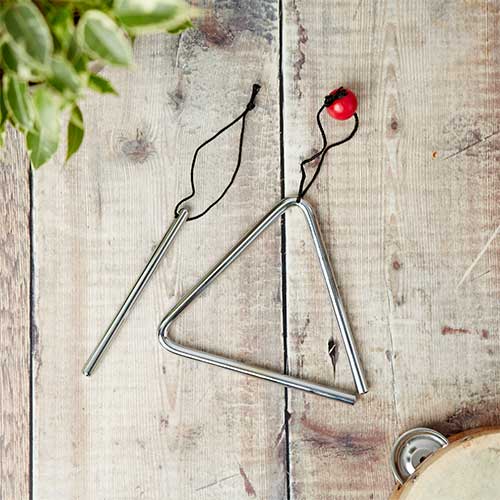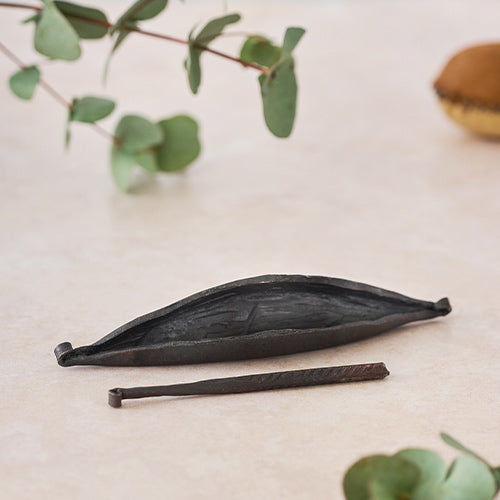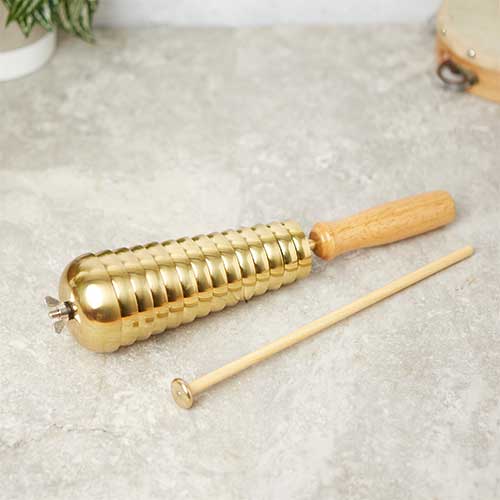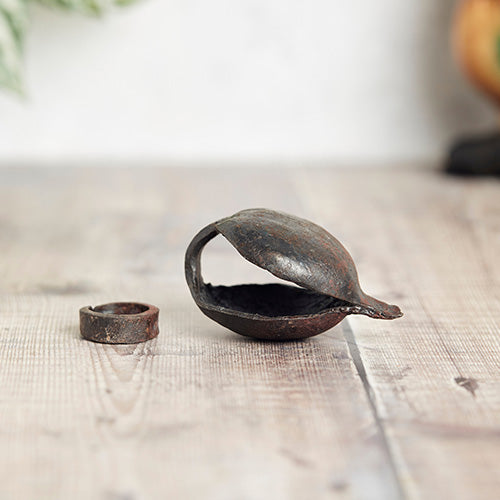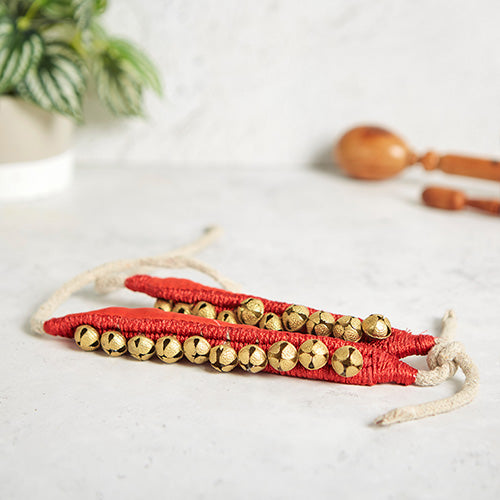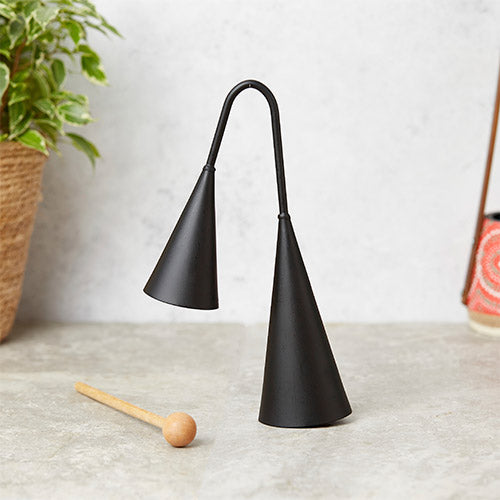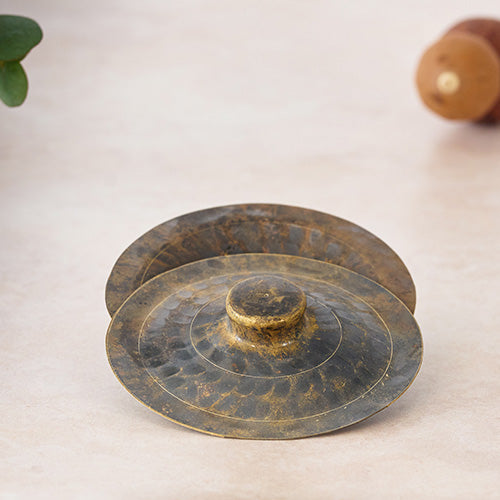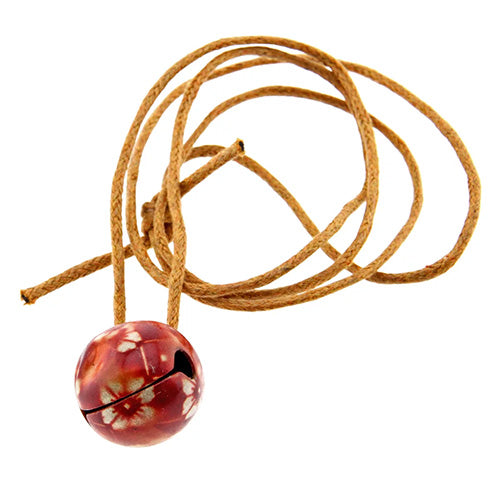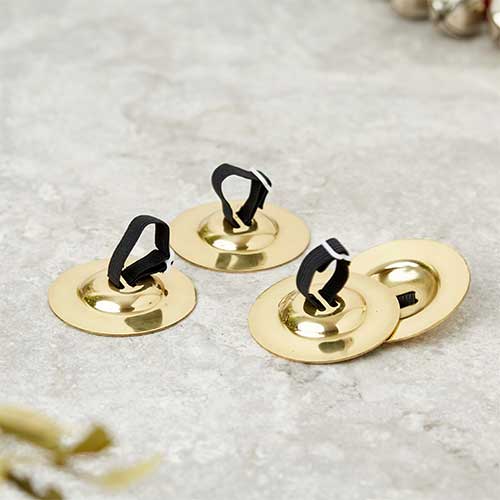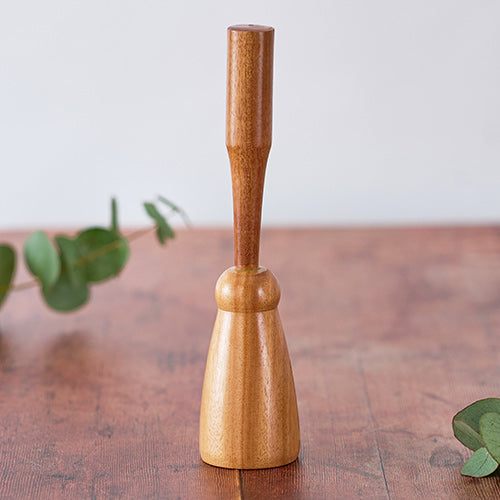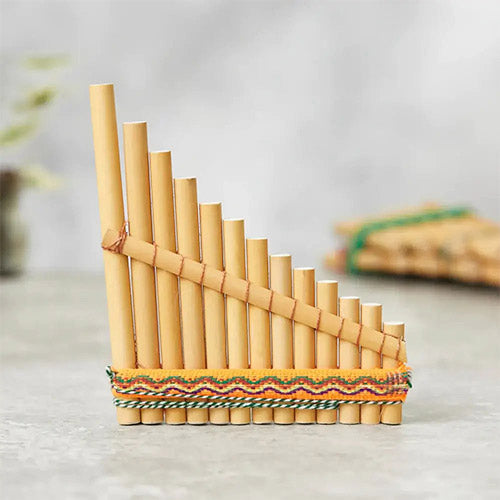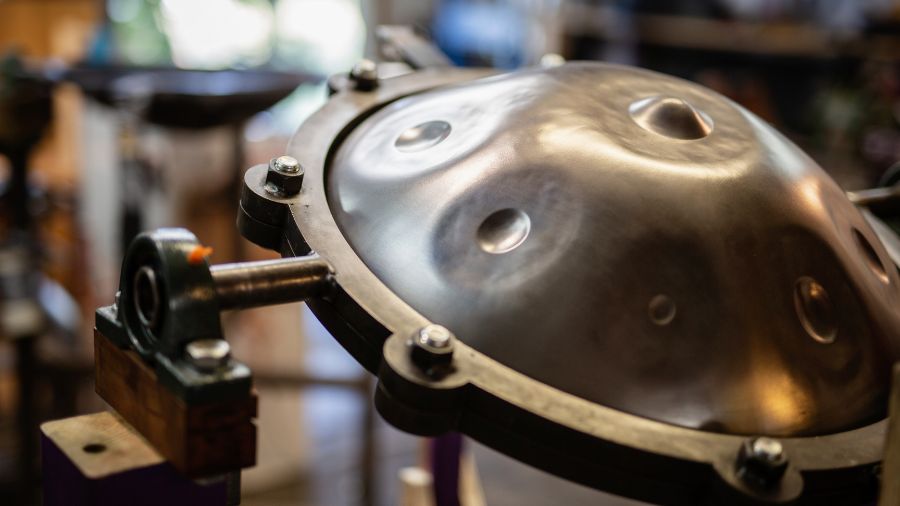Bells have been an integral part of human history, serving as communication, celebration, and warning instruments. The sounds they produce have resonated throughout time, signaling significant events and marking the passage of hours. In this guide, you'll explore the bell instruments, from their origins to the materials crafted from and their myriad uses in contemporary settings. Whether you're a musician, historian, or simply someone fascinated by these sonorous devices, this comprehensive look at bell instruments will provide the insight and information you need to appreciate and perhaps even select one for yourself.
The Origin and History of Bells

Bells have played a vital role in human societies, symbolizing power, spirituality, and culture. The earliest bells, believed to have appeared around 2000 BC in China, were stationary and struck externally. As bells spread across regions, they gained cultural significance, warding off evil spirits or acting as voices for the gods. Over time, bell-making, or campanology, evolved, with the introduction of casting techniques during the Bronze Age leading to more uniform and efficient production.
Bells diversified as they spread globally, with each culture developing unique forms for specific purposes, from ceremonial uses in Celtic tribes to large church bells in Europe. In the Middle Ages, bell-making techniques improved, and bells became essential in daily life, calling people to worship, marking time, and signaling emergencies. Bells continue to evolve and are found in a range of settings from orchestras to doorbells which reflects human innovation.
Traditional Materials Used in Bell Making

The materials from which bells are crafted play a crucial role in their sound and durability. Traditionally, bells were made from bronze, an alloy of copper and tin, prized for its resonance and strength. However, searching for different timbres and tones led to using various other materials. You might be surprised to learn that some cultures used stone or clay to create their bells, though these materials typically produced softer, less durable instruments. The choice of material reflects not only the technological capabilities of a civilization but also its aesthetic preferences and the purposes the bell was intended to serve.
Wood and a Variety of Metals
Beyond traditional bronze, bell-makers have experimented with wood and various metals, including but not limited to stainless steel, brass, copper, and even titanium. Each material imparts a unique character to the bell's sound. Wooden bells, for example, offer a mellow tone distinct from the bright brass peal or steel's deep resonance. Different metals have allowed for a range of possibilities and applications, from the clear, piercing call of a ship's bell made from stainless steel to the warm, inviting tone of a brass doorbell.
Innovations in Bell Material and Acoustics

Innovations in bell materials and acoustics have expanded the range of available options, with advanced alloys and precision casting techniques improving tonal clarity and sustain. Some bell-makers even incorporate electronic components to enhance acoustics, ensuring that bell instruments remain relevant today. Historically, bells have held deep spiritual significance across various cultures. In Christianity, they call the faithful to worship, while in Buddhism, their sound marks the impermanence of life.
Beyond spiritual uses, bells are found in both public and private spheres—signaling time, alarms, and events in towns, or serving personal functions like doorbells and wind chimes. Modern technology has further integrated bells into everyday life, from their role in parliamentary systems to their use in music therapy and digital systems that synchronize bell sounds across cities. The versatility and innovation behind bells continue to ensure their presence in both sacred and secular contexts.
Puja Brass Ghanta Bell
The Puja Ghanta Bell is a sacred tool with deep roots in Hindu rituals and ceremonies. Its chime is believed to invoke deities, purify the atmosphere, and ward off negative energies, creating a serene and auspicious environment for meditation and worship. The bell enhances prayer rooms and sacred spaces while serving as a symbol of devotion and a reminder of one's faith.
Purchase the Puja Ghanta Bell Here.
Donguri Hand Bell
Purchasing a Donguri Hand Bell offers a gentle soothing sound that is ideal for meditation, relaxation, or simply enjoying moments of serenity. Its portable nature allows for easy transport, enabling users to bring its calming melodies wherever they go, whether it's to yoga classes, outdoor retreats, or peaceful moments at home. With its unique blend of beauty and functionality.
Buy the Donguri Hand Bell here.
Meo Finger Bell
★★★★★ - " Beautiful bell! Very fast shipping and great communication!". - Verified Buyer
The Meo finger bell, characterized by its delicate design and rich, resonant tone, offers a unique and sound experience. Traditionally crafted and intricately decorated, these bells are treasured for their craftsmanship and cultural significance. Whether used in ceremonial rituals, cultural festivals, or musical performances, Meo finger bells add a touch of elegance and tradition to any occasion.
Purchase the Meo Fingerbell here.
Traditional Metal Cowbell
★★★★★ - " Thank you. Beautiful instrument, carefully packaged and sent quickly". - Verified Buyer
The Yanbian Cowbell is made from durable solid metal with a black powder-coated finish, giving it a professional look. It features a wing nut screw for easy mounting on most clamps, making it versatile for various setups, including drum kits. Originally used by herders to track cows, it is now popular in Latin and salsa music, as well as a great handheld percussion instrument.
Explore our Collection of Cowbells Here.
Tambourine Bell Shaker
★★★★★ - " Thank you. Beautiful instrument, carefully packaged and sent quickly". - Verified Buyer
The tambourine's lively jingles and vibrant rhythm make it a versatile and essential percussion instrument in music-making around the world. Its compact size and dynamic sound make it ideal for accompanying singers, drummers, and other instrumentalists in various musical genres, from folk and rock to gospel and pop. With its ability to produce a wide range of percussive effects, including shakes, rolls, and strikes, the tambourine adds texture, color, and excitement to any musical performance.
The Triangle
★★★★★ - "Lovely. Exactly what i was looking for". - Verified Buyer
Despite its simple design, the triangle's crisp and penetrating tone adds a touch of brilliance and sophistication to orchestral music. Its shimmering sound cuts through the mix, providing accents, highlights, and rhythmic punctuation that enhance the overall musical texture. Whether used in classical symphonies, jazz combos, or contemporary pop arrangements, the triangle's clear and resonant tone commands attention and elevates the musical experience.
Discover our collection of Triangles here.
Apitua Dundun Bell
★★★★★ - " Great little bell. Just what I was looking for". - Verified Buyer
The Apitua dundun bell is a hand-forged iron bell from Ghana, known for its deep resonant sound and ceremonial importance. Shaped like an open pea-pod, also called Atoke or Pod Bell, it is used alongside drums and melodic instruments in West African music to provide rhythmic depth.
Order the Apitua Dundun Bell Today.
Chinese Bell Tree
The Chinese bell tree, with its cascading layers of tuned metal bells, produces a shimmering, ethereal sound that evokes a sense of mystery and enchantment. Used in orchestral compositions, film scores, and traditional Chinese music, the bell tree adds a celestial quality to musical arrangements, creating an atmosphere of beauty and transcendence. Its delicate yet expansive sound palette makes it a versatile instrument beloved by composers, musicians, and audiences.
Buy the Chinese Bell Tree here.
Grello Bell
The Grello Fingerbell originates from Ghana and is a unique hand percussion instrument known for its resonant tone and unique design. Made of two metal clackers it is played by placing a metal ring on the thumb and tapping the metal shell to produce a warm tone. This traditional African instrument is popular in Latin jazz and world music adding melodic accents and rhythmic depth to performances.
Purchase the Grello Fingerbell here.
Ghungroos Bell
The ghungroos bell are a traditional Indian ankle bell that are used in Indian music and dance. Made up of numerous small bells strung together, the ghungroos produce a shimmering, percussive sound that accompanies dancers' movements and musicians' rhythms. Their intricate patterns and nuanced dynamics add texture and depth to traditional Indian performances, creating a unique visual audio experience for audiences.
Order the Ghungroos Bell Today.
Agogo Bell
The agogo bell, originating from traditional Yoruba music in West Africa, is prized for its bright, metallic tone and rhythmic versatility. Played with a mallet or by hand, the agogo bell produces a distinctively crisp and resonant sound that cuts through the mix, providing melodic accents and rhythmic patterns. Used in various musical genres, including Afro-Cuban, samba, and jazz, the agogo bell adds energy and excitement to musical arrangements, inspiring dancers and listeners alike with its infectious groove.
Buy the Metal Agogo Bell here.
Brass Hand Cymbals
The Vietnamese Hand Cymbals are crafted from brass and produce a bright, resonant tone with a distinctive shimmer. Ideal for orchestral use, they offer a high pitch and dynamic range, while their contoured shape ensures easy handling and comfort. Perfect for musicians, percussionists, and sound therapists, these cymbals add texture and excitement to musical arrangements. Made in Vietnam, the pair delivers a powerful sound with a loudness rating of Level 7 and a decay time of 118ms.
Enamel Bell Necklace
The enamel bell necklace, characterized by its ornate design and melodic chime, serves both as a decorative accessory and a musical instrument. Worn around the neck, it emits a soft, soothing sound with each movement, creating a calming atmosphere. Its delicate craftsmanship and vibrant colors make it a fashionable accessory for everyday wear, while its musical capabilities offer a unique way to express creativity and spread joy wherever one goes.
Check out the Enamelled Bell Necklace here.
Finger Cymbals
★★★★★ - " So perfect. Much appreciated and beautiful 😊". - Verified Buyer
Finger cymbals, also known as zills or zils, are small metallic percussion instruments worn on the fingers and played by striking them together. Commonly used in Middle Eastern music, belly dancing, and folkloric performances, finger cymbals produce a crisp and articulate sound that complements the rhythm and adds texture to the music. Their compact size and portability make them ideal for solo performances, group playing, and dance accompaniment, making them a versatile and essential tool for musicians and dancers.
Buy the Sheng Finger Cymbals here.
Monk Bell
The monk bell is a traditional Buddhist instrument that is often used in meditation practices, ceremonies, and rituals. Its serene and resonant tone helps practitioners enter a state of mindfulness and inner peace, facilitating deep relaxation and mental clarity. Whether used in temples, monasteries, or personal meditation spaces, the monk bells sound serves as a powerful tool for spiritual awakening and enlightenment, guiding practitioners on their journey towards inner harmony and self-discovery.
Purchase the Wooden Monk Bell here.
Bells - Frequently Asked Questions
What is the Meo Fingerbell?
The Meo Fingerbell is a special ring-shaped musical instrument you can wear on your finger. Made of metal, it creates beautiful sounds when you shake your hand, giving you a fun way to make music and express yourself creatively.
What is the use of a Ghungroos Bell?
Ghungroos enhance the rhythm of dance and help the audience hear intricate foot movements. They are worn just above the ankle and are a key part of jewelry for classical Indian dancers, providing rhythmic accompaniment.
How do I maintain my Bell instruments?
Avoid wet places and wipe with a clean damp cloth, especially every edges that may capture dust.
What is the unique feature of a Tambourine?
Even though the tambourine doesn't have a specific pitch, its sound can vary in tone, influenced by factors like size and the number of jingles. Originating in ancient times and initially known as the timbrel, the tambourine is one of the earliest percussion instruments.
How is the agogo bell played?
The typical setup consists of two bells connected by a U-shaped piece of metal, with the smaller bell positioned on top. A wooden stick can strike either bell to produce a cowbell-like sound, or less frequently, squeezing the two bells together creates a clicking sound.


